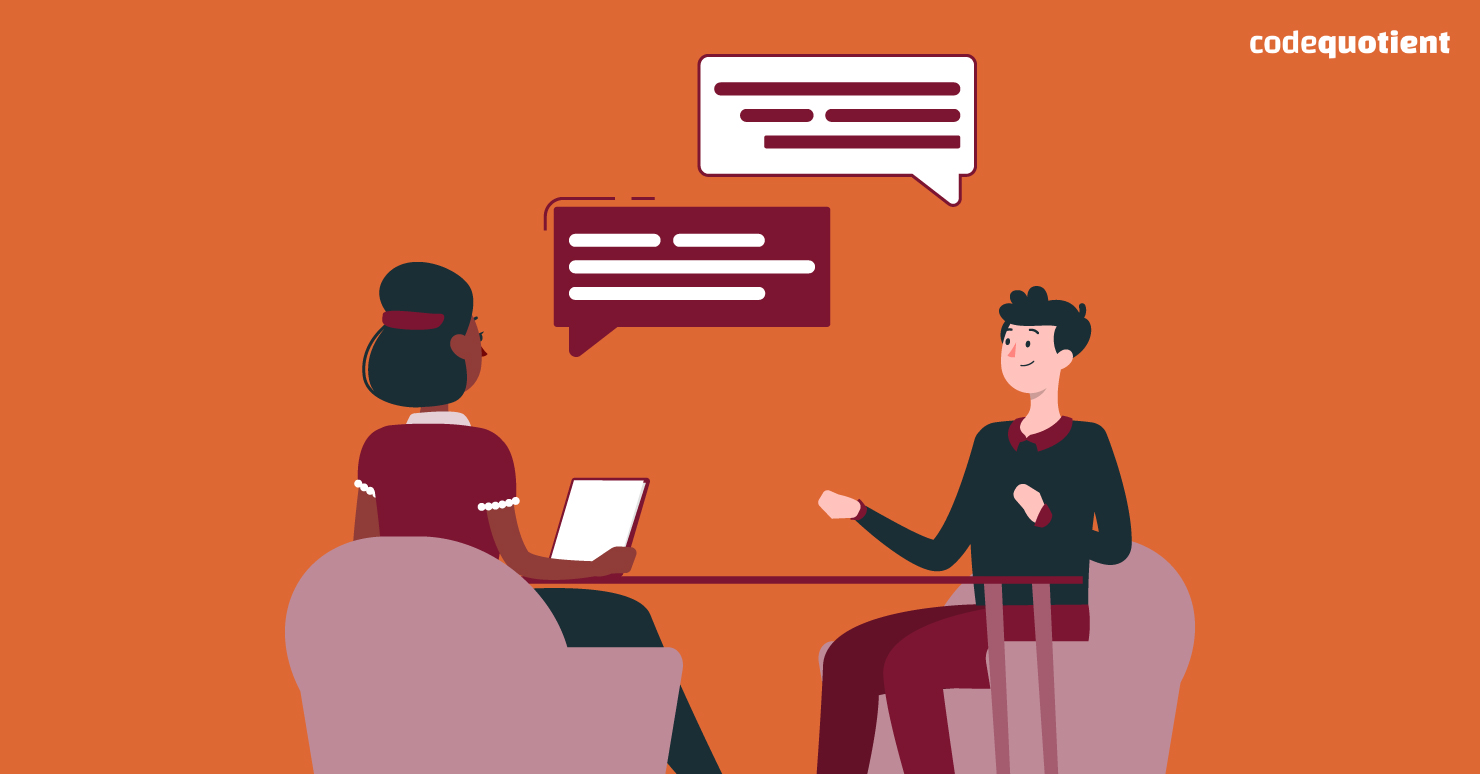As soon as the final year or the year of graduation arrives, the rush and anxiety to attend job interviews and land a job are universal among students. So, how do you make students ready to ace job interviews, which will determine their next phases of life? As placement officers and curriculum planners, you can groom your students to crack job interviews with confidence by following these tips.
What is Placement Grooming Before Job Interviews?
Many Institutes arrange placement grooming sessions for students as part of their academic curriculum to enable students to get good placement opportunities in reputed organisations.
Placement Grooming plays an important role when it comes to filling the gap between academics and the corporate world. By placement grooming, institutions can emphasise the technical and non-technical aspects of pre-placement training. This will enable students to crack in person interviews and ace the hiring process.
A good Interview Placement Grooming Program should enhance a student’s soft skills, give them industry exposure, develop their personality, boost self-confidence, and motivate them to crack the job interviews.
Tips to Groom Students to Crack Common Interview Questions

As mentioned above, a good placement grooming session must enable students to enhance their all-around social skills on the professional and personal front. Various personal aspects like personality, body language, and verbal skills are as important (if not more) as technical and academic skills.
Here are some vital areas where the placement cell and the academic cell can concentrate (through their grooming sessions) to enable their students to ace their types of interviews.
1. Soft Skill Training
Soft-skills training includes building on personal attributes, communication and presentation skills, personality traits, English communication skills, interviewing skills, etc.
Soft skills help nurture the overall personality and enhance aspects like negotiation, networking, and conflict resolution. Various Indian soft skills (and hard skills) training institutes offer industry-relevant skills like time management, leadership, networking, negotiation, etc. In addition, many institutes use novel audio-visual modes that help students speak flawlessly and present themselves well in an interview.
2. Personality Development for Job Interviews
While soft skills form one aspect of personality development, there are other ways students can enhance their overall personality in every educational background. These aspects include the nuances of corporate dressing, corporate etiquette, good mannerisms, speaking politely and efficiently, etc. All these are essential to cracking job interviews.
3. Pre-Placement Grooming
Pre-placement grooming involves preparing final-year students through pre-placement talks. The talks are often imparted by various professionals from academics, experts from the industry, and training institutes.
They throw light on the industry environment, higher education, and taking up competitive exams, career guidance, corporate training, and so on. These talks help mould the mindset and personality of students to meet industry requirements. They also give them the confidence to face the actual interviews.
4. Mock Interviews
With mock interviews, students learn how to give smart answers and identify their strengths and weaknesses. This preparation prepares them to ace the real interview on the day of their placement.
Mock interviews can be face-to-face or online. Either way, they help assess factors like body language, confidence, and so on. Since mock technical questions mirror the actual interview, they also help students practice what to say and how to act during the actual interview.
5. Industry Interaction
Industry-interface programs help fresh graduates interact closely with industry leaders and professionals. Since these professionals have much broader knowledge and experience, they can provide practical tips on succeeding in professional settings and navigating corporate cults.
6. Honing Aptitude Skill
In the tech field, you need technical skills to do well in any interview. Aptitude tests help figure out how good a candidate is in a certain area. It helps a student get better at what he already knows and helps a person figure out what he is not good at.
For instance, CodeQuotient has a Super Coders Program and a Code Cubes test that helps students hone their aptitude and technical skills and be ready to crack interviews.
7. Group Discussions
The aim of a group discussion is much more than testing your knowledge. Group discussions, among other things, test your ability to function as a team member—something many companies resort to when hiring from colleges and institutions.
So, students are expected to possess a set of skills to ace the rounds and successfully participate in a group discussion.
Therefore, group discussion training should focus on developing skills like:
- Reasoning – One must be up to date with current news and current affairs and at the same time be able to take abstracts from textbook knowledge in case of abstract topics.
- Speaking – Presenting ideas clearly and systematically in points
- Creativity – Try to build on the issues said by other speakers and bring in a new dimension to the group discussion.
- Proactive Approach – Try to start the discussion or snatch the earliest turn.
- Listening – try to hear passionately when others speak and acknowledge with facial expression, a nod, or other forms.
- Time Management – Try to cover all aspects in the time frame stipulated and in a cohesive fashion.
- Presentation – It refers to the ability to define the topic at the start and spell out a well-defined structure for a discussion.
- Summarising – The ability to paraphrase the topic’s details, present some pros and cons and points missed out in the discussion, and close in to summarise.
- Salary— When they ask you about your salary expectations, be honest but realistic.
A good grooming program should enable the students to be marketable and employable, enhancing their self-esteem. Certain small things can make a big difference in landing a job. These include writing a good CV, having a proper cover letter, knowing how to reach prospective employers, and even something as simple as having a correct email ID. Statistics show that 76% of resume rejections are due to unprofessional email addresses.
The students should also handle subject-specific aptitude questions, participate in group discussions, and finally, flawlessly complete the entire job interviews.
CodeQuotient partners with colleges and universities to help students get paid internships with programs like their Software Engineering Bootcamp. It also helps to groom students for job interviews with its CoCubes tests, for instance, and even takes care of the placements on behalf of colleges and industry.




